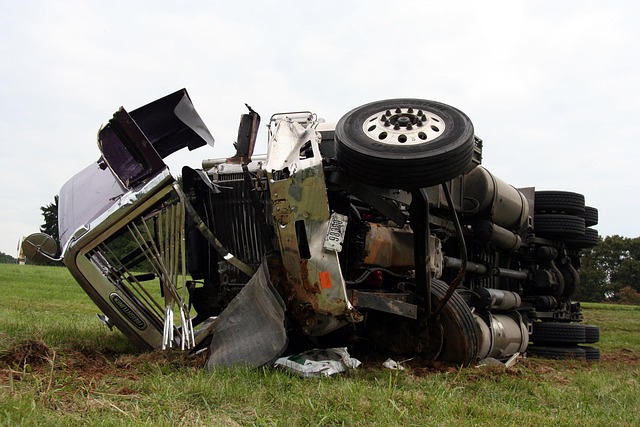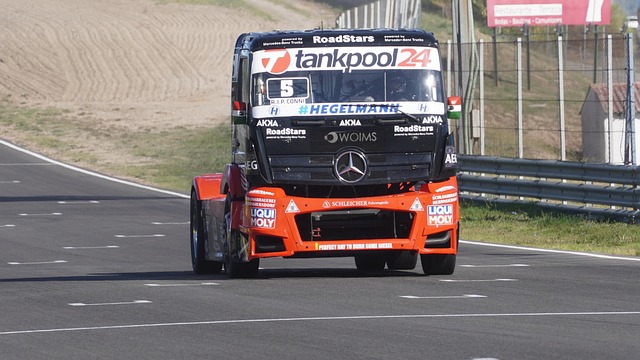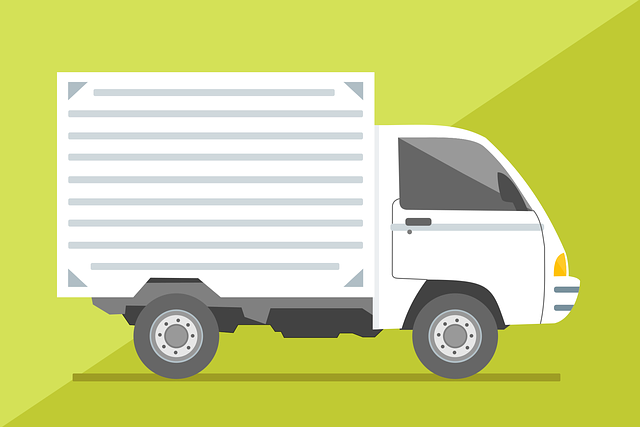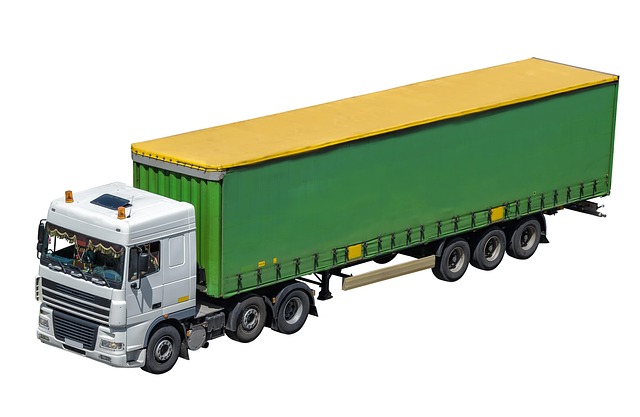When insuring a box truck, understanding specific needs is key. Box trucks vary greatly by size, purpose, and risk, affecting insurance requirements. A comprehensive box truck policy includes liability, comprehensive, and collision coverages, tailored to vehicle size and type. Smaller trucks require basic coverage while larger ones need specialized policies for increased cargo value and wear and tear. Evaluating specific needs, comparing quotes from multiple insurers, and assessing provider reputation are essential steps in choosing the right box truck policy to protect your investment.
Navigating the world of insurance for your box truck can be a complex task, especially with options tailored for small and large fleets. This comprehensive guide is designed to help you understand the unique insurance needs of these versatile vehicles. We’ll explore different types of coverage, demystify policies for small vs. large trucks, and provide insights on choosing the right box truck policy that suits your specific requirements. By the end, you’ll be equipped with the knowledge to make an informed decision.
- Understanding Your Box Truck Insurance Needs
- Types of Coverage for Box Trucks
- Comparing Policies: Small vs Large Trucks
- How to Choose the Right Box Truck Policy
Understanding Your Box Truck Insurance Needs

When it comes to insuring your box truck, understanding your specific needs is the first step. Box trucks vary greatly in size, use, and purpose—from small delivery vans to large semi-trailers. Each type has unique risks and requirements. For instance, a small local delivery truck faces different hazards than a long-haul trailer, such as varying weather conditions, traffic density, or types of cargo carried.
Knowing your operational scope is crucial when selecting a box truck policy. Do you primarily transport goods within a city or across states? Are the items fragile, valuable, or hazardous? Answering these questions will help tailor your insurance coverage to reflect the risks involved in your trucking operations, ensuring you have adequate protection for both your vehicle and cargo.
Types of Coverage for Box Trucks

When it comes to insurance for box trucks, understanding the different types of coverage available is essential. A box truck policy typically includes liability coverage, which protects against claims arising from accidents or damage caused to others or their property. This is crucial as it shields you from potential financial burdens and legal issues.
Additionally, comprehensive and collision coverages are integral parts of a robust box truck policy. Comprehensive insurance provides protection against non-collision related damages, such as theft, vandalism, natural disasters, and accidents involving animals. Collision coverage, on the other hand, covers repairs or replacements resulting from collisions with other vehicles or objects. These policies ensure that your investment in the box truck is safeguarded, enabling you to focus on transporting goods rather than worrying about unforeseen incidents.
Comparing Policies: Small vs Large Trucks

When comparing insurance policies for small and large box trucks, several key factors come into play. Firstly, coverage options vary significantly based on the size and type of vehicle. Small box trucks often have simpler needs; liability, collision, and comprehensive coverage are typically sufficient to protect against common risks. In contrast, larger trucks may require more specialized policies that account for increased cargo value, higher liability risks, and potential wear and tear.
Additionally, premium costs differ greatly. Smaller vehicles usually command lower premiums due to reduced risk profiles. Conversely, large box trucks attract higher rates due to their greater capacity and potential for more severe accidents. It’s crucial to assess the specific needs of your fleet—whether it’s a small, agile operation or a large, complex logistics network—to select the most suitable box truck policy.
How to Choose the Right Box Truck Policy

Choosing the right box truck policy is a crucial step in protecting your investment and ensuring smooth operations. Start by evaluating your specific needs. Consider factors like the type, age, and condition of your vehicle, as well as its intended use – local deliveries or long-haul transportation. Different risks come with each scenario, so tailor your coverage accordingly. For instance, if you operate primarily within a city, comprehensive coverage might be sufficient to protect against theft, vandalism, and minor accidents. However, for those hauling valuable cargo over long distances, consider adding specific cargo insurance to safeguard your goods from damage or loss during transit.
Next, compare quotes from multiple insurers. Each company may offer slightly different policies with unique benefits and exclusions. Read the fine print carefully to understand what’s covered and what isn’t. Look for a policy that offers reasonable deductibles, flexible coverage options, and a track record of fair claims processing. Additionally, consider the reputation and financial stability of the insurance provider – you want to ensure they’ll be there to honor your claim if an incident occurs.
When it comes to insuring your box truck, understanding your specific needs is key. Whether you operate a small or large vehicle, the right coverage can protect your investment and offer peace of mind on the road. By comparing different policies and considering factors like liability, cargo protection, and comprehensive options, you can make an informed decision to choose the ideal box truck policy that aligns with your business requirements.
